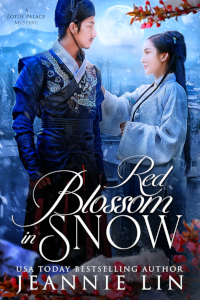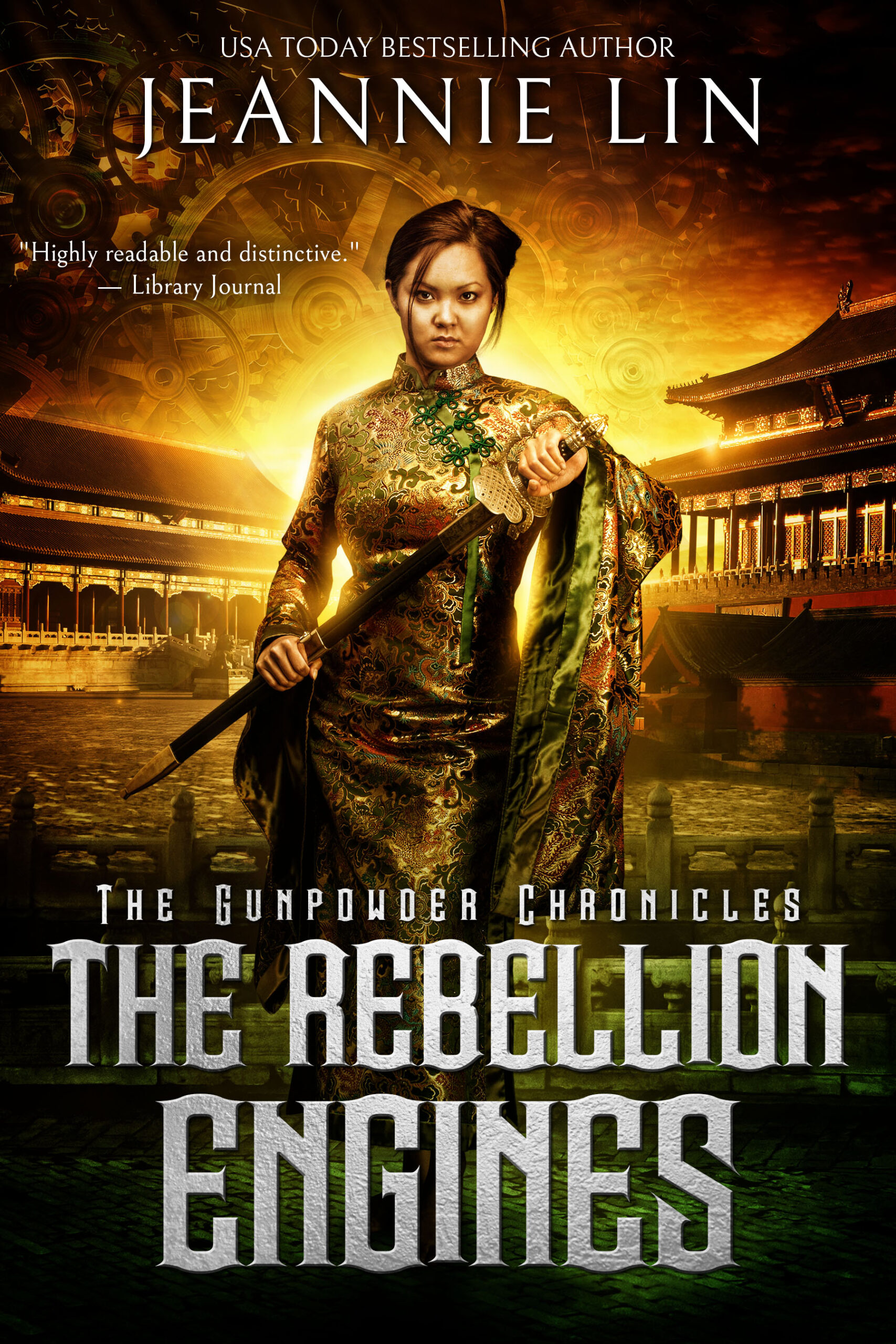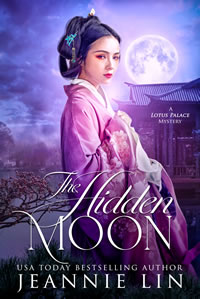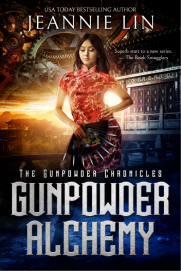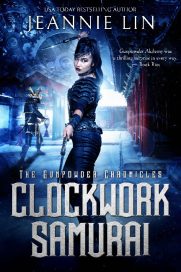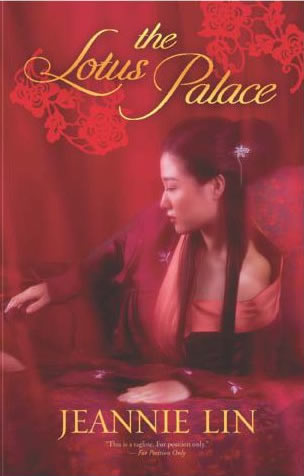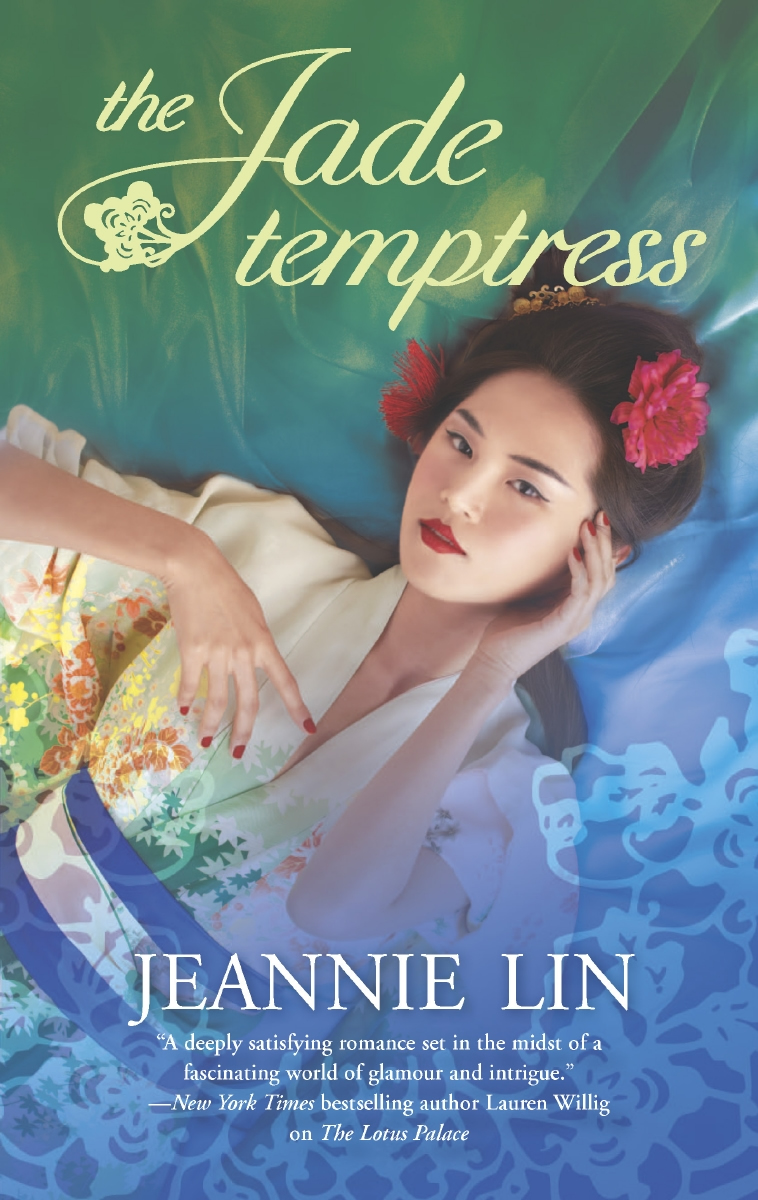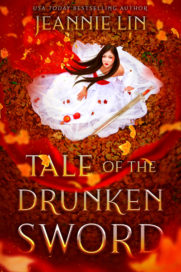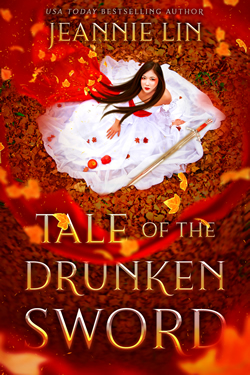 Once in a while you get a story that feels like a gift. The story flows together and it’s an absolute joy to put down the words.
Once in a while you get a story that feels like a gift. The story flows together and it’s an absolute joy to put down the words.
It’s a rare occurrence for me. I mean, I love writing and enjoy each novel or short story. I enjoy the work that goes into it and how much effort it takes to smooth out a rough draft to make it into something close to what I envisioned. But occasionally, the story feels, not like work, but like play. From start to finish.
That’s how writing Tale of the Drunken Sword felt to me. It was an idea that had been percolating for some time and I let my head pick it up shortly after leaving the stressful day job. Writing this story was a celebration.
I used to take piano lessons starting in elementary school and through high school. (Surprise, stereotypical Asian?) I was never particularly good at it. I’ve always noticed that people like my sister have a different relationship to music. The way she heard songs and even the way she processed sound seemed to have so much more to it than when I listened to music. This was long before she took up piano lessons again and became the awesome pianist that she is now.
It was always work for me to play the piano. Work that I liked, but work nonetheless. And that’s probably why I quit when the going got tough.
There was this one time, a couple years in, when I was playing a song for my piano teacher and afterwards she asked me if I loved playing the piano. I told her I did. (I actually asked my mother for piano lessons, not the other way around. And then she made my brother and sister take lessons too because, heck, she already bought a whole piano for me.)
My teacher said the way I played that song made her feel that I really loved playing. Most of my piano lesson memories were of heavy sighs and getting the same song re-assigned week after week because it was obvious I hadn’t practiced enough. And me scraping by the annual Guild and Certificate of Merit tests because I could wing the theory even if my playing was only so-so.
But I always remembered that compliment because I did really love it. Or I loved it when I could play — but it just wasn’t so easy to just play every song.
As I was finishing the edits to Tale of the Drunken Sword, I typed in a fix to a sentence and I noticed how my fingers rolled off the keys. Even as clunky of as I was of a pianist, I have the muscle memory. I did play for years and years.
It felt like I was at a piano playing a song, the way my hands were moving.
I’m writing this down now in my cognitive science way of trying to capture lightning in a bottle. Because when this happens, it is as rare as lightning striking. The desire to try to hold onto the magic and save it for “next time” is so strong.
Writing is a lot of work for me but sometimes my writing brain will turn off. And I can hear the music.
Tale of the Drunken Sword is a short wuxia swordfight fantasy that’s full of awesome. Great for a one-hour read over lunch break.
You can buy it here:
Amazon | Kobo | iBook | Nook | Gumroad (alt for .mobi)



